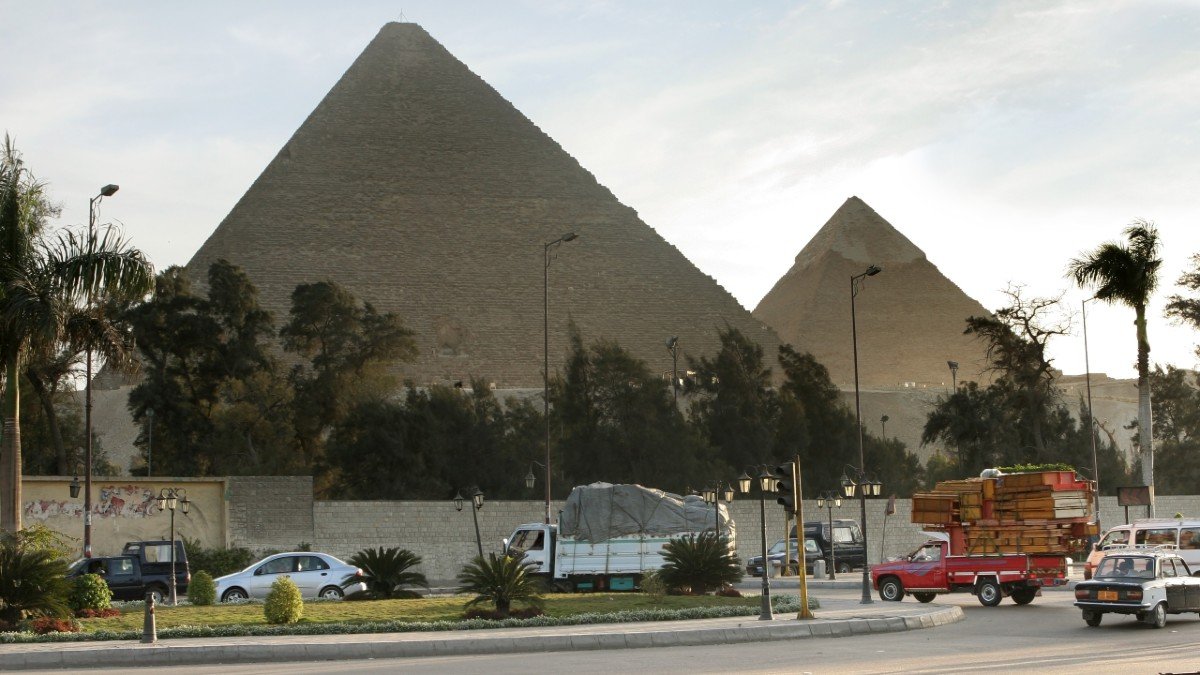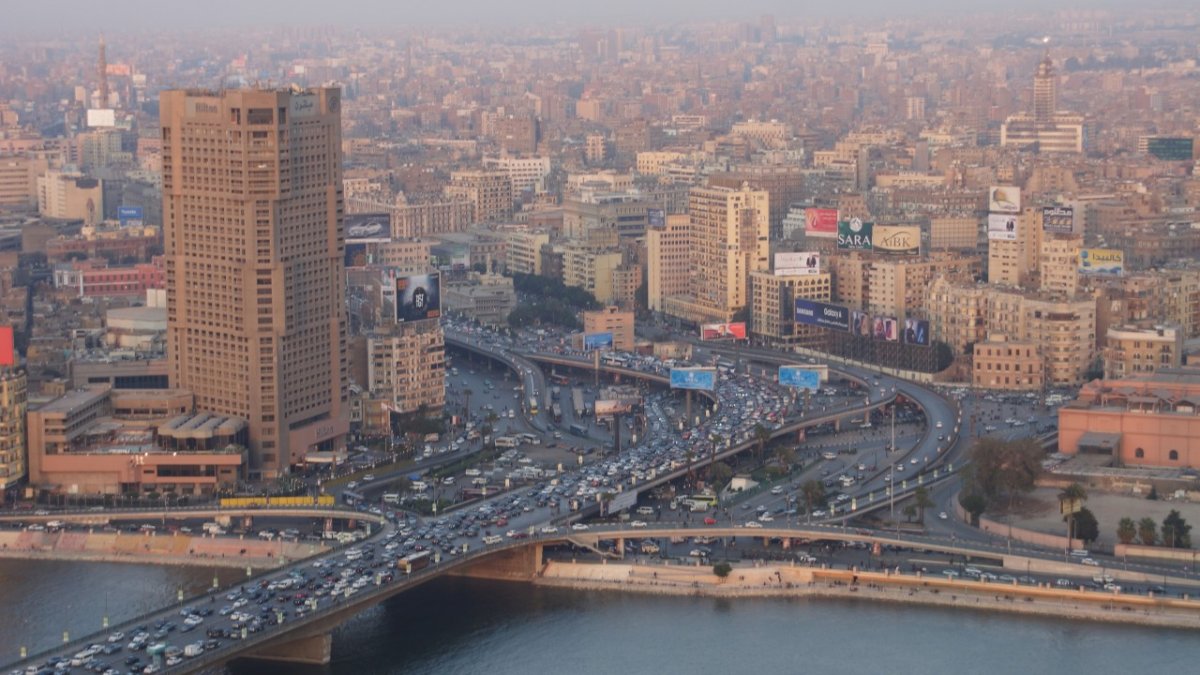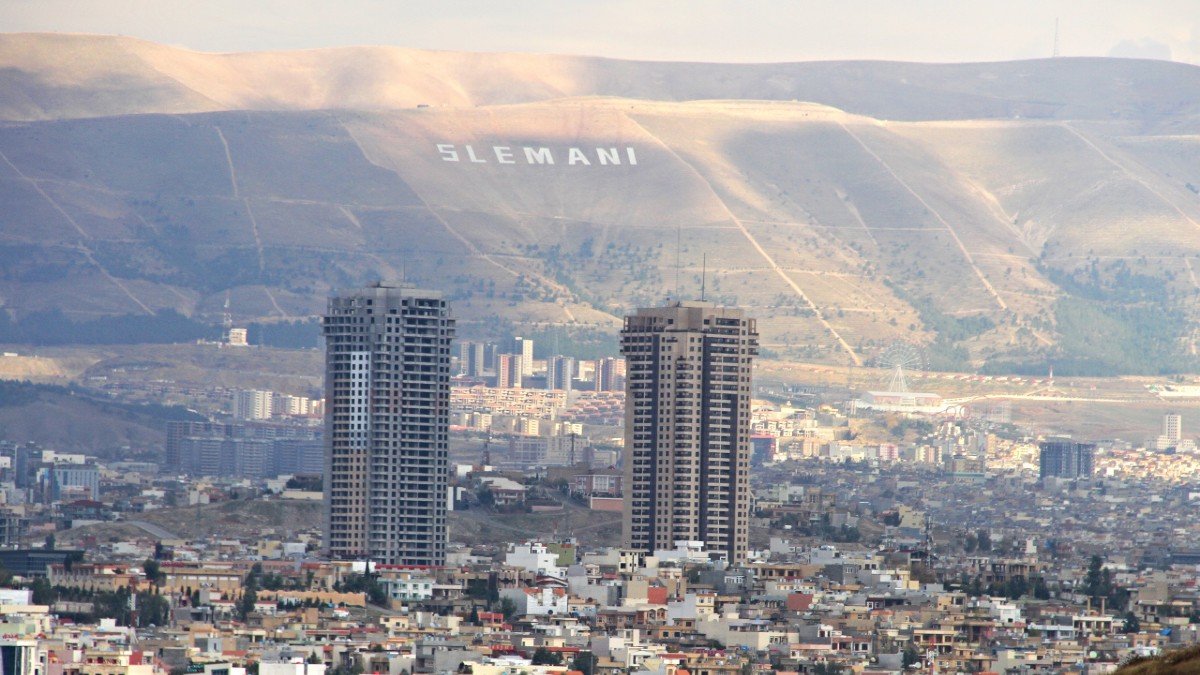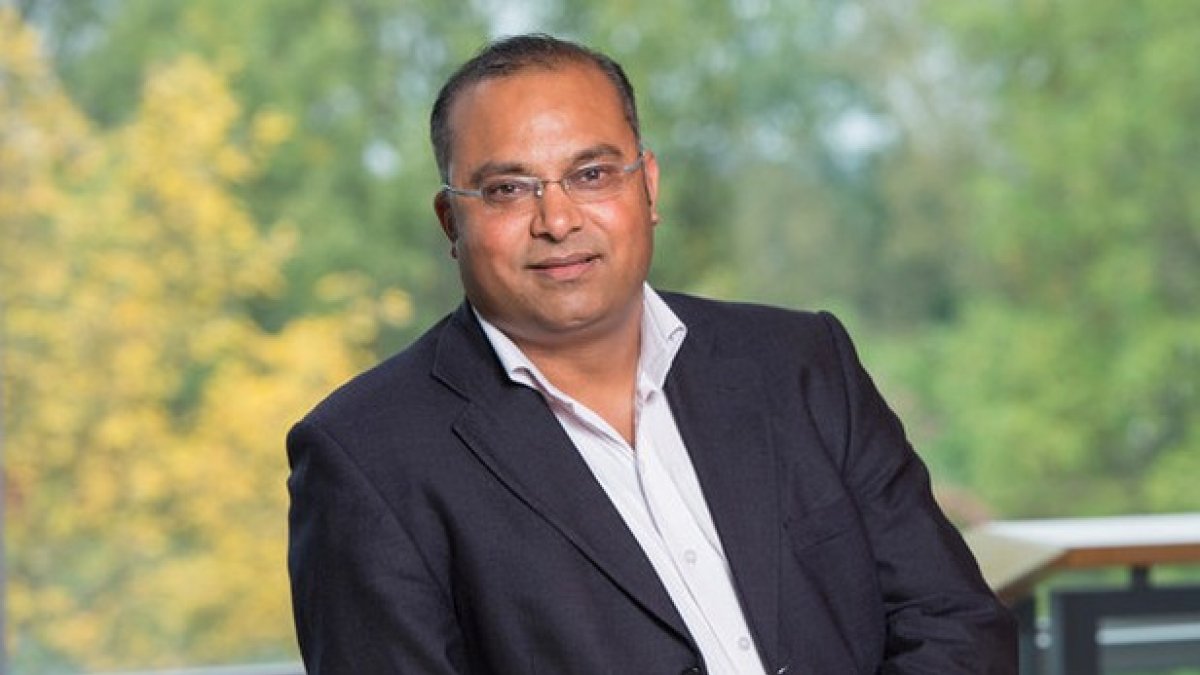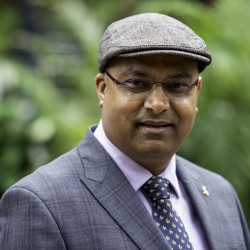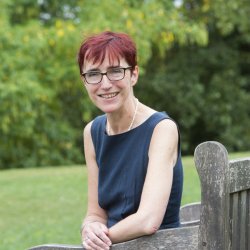Surrey tackles air pollution in Egypt and Kurdistan
A brochure developed in the University’s Global Centre for Clean Air Research (GCARE) to help protect schoolchildren from traffic pollution has extended its reach to the Middle East.
The land of the pyramids may be an eight-hour flight from the UK, while Kurdistan, which shares borders with Iraq, Iran, Syria and Turkey, may be 3000 miles away, but Surrey research is still making an impact – despite geographical distances.
The booklet, Mitigating Exposure to Traffic Pollution in and around Schools: Guidance for Children, Schools and Local Communities, was published in June last year by Professor Prashant Kumar and his colleagues in GCARE.
This guide outlined 10 easy-to-follow steps that communities can follow to improve air quality in and around schools.
Originally intended for UK audiences, the booklet has grown a global following and it’s been translated by partner institutions in China, Brazil, Colombia and India.
Now, it’s about to extend its reach yet again with publication in the Middle East in Arabic and Kurdish languages.
Egypt
“I was invited by Professor Kumar to participate in this project as part of the CArE Cities and CArE-Homes,” says Associate Professor Ahmed El-Gendy of the American University in Cairo.
“Air pollution is one of the main causes of premature death. In 2017, a UN study reported that 90 per cent of people don’t breathe clean air in urban areas. This data was collected from 3000 cities in 103 countries.
“Traffic remains one of the major sources of air pollution in urban areas. All of us can be exposed to this harm, but the exposure of children is of special concern. Their bodies are not fully developed and they usually spend almost half of their daily waking hours in schools or on their way to or from schools. Thus, they have a higher risk of exposure.”
Professor El-Gendy plans to distribute the brochure through local community groups and non-government organisations and he’s optimistic it will help save lives.
”It’s an important guide that can help in reducing the exposure of schoolchildren to air pollution from traffic,” he adds. “It can have a significant impact if people, schools and communities seriously consider and apply these guidelines.”
Kurdistan
“We’re also involved in the CArE Cities and CArE-Homes projects,” says Dr Kosar Hikmat Hama Aziz of the University of Sulaimani. “We’ve translated this booklet and we’ll be disseminating it among schools in the Kurdistan region of Iraq.
“It will reach all public and private primary schools, non-government organisations and government sectors related to education. We’ll also send it to environmental institutes and private companies so they can adopt its key messages.
“My colleague, Dr Khalid, and I are also planning to do an interview on national TV to talk about the translated brochure and inform parents and schools how they can protect children from traffic pollution in and around schools.
“I’m sure it will have a great impact. There’s no guidance for protecting school children from traffic emissions in Kurdistan and this is the first local language document of its kind.”
Valuable global impact
Professor Abigail Bristow, Head of our Department Civil and Environmental Engineering, adds: “I’m very proud that research led by my colleague, Professor Kumar, is delivering such valuable practical impact through the production of these guidelines.
“They can be applied anywhere in the world to help in reducing children’s exposure to air pollutants in and around schools.”
Learn more about studying at Surrey’s Department of Civil and Environmental Engineering.
